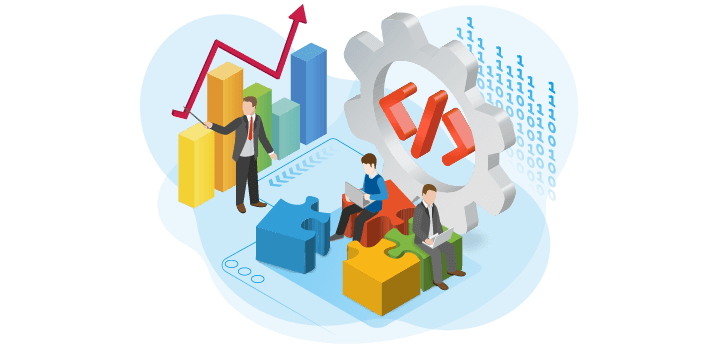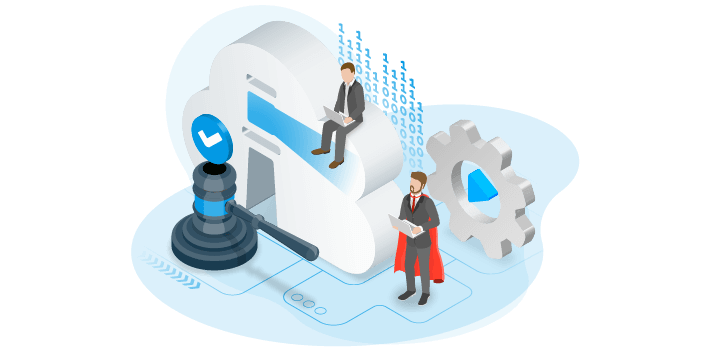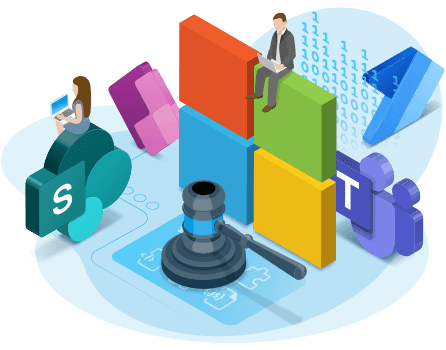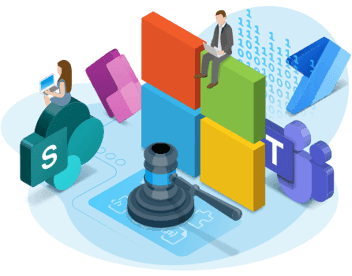It’s fair to say that standard business users are more empowered to solve digital business problems today than they were at the turn of the century. Digital collaboration is far more advanced. Using email is not seen as digitally transforming, rather outdated, or too formal to use in everyday digital collaboration. Today, business users are being encouraged by many organizations to grow into power users, but what is a power user?
Power user definition
There are many synonyms of power user – citizen developer or citizen development being one coined by Gartner. They all point to the same place. A ‘power user’ is generally defined as someone who uses IT hardware and software beyond the standard capabilities. So, someone creating a new group in Microsoft Teams to facilitate collaboration isn’t really a power user, but a business user who has successfully adopted standard technology. However, the line between the two can be blurred.
Business user vs. power user
If that same business user utilizes Power Automate to create a Flow, which automates the handling of his notifications in teams, do we call that person a power user? After all, it’s going beyond the standard functionality in Microsoft Teams, yet using Power Automate to do as intended. I think the Power Platform perfectly represents the power user, and Power Apps was recently named a Leader for Low Code Application Platforms by the Gartner Magic Quadrant.
 Less demand on IT departments?
Less demand on IT departments?
As more and more organizations move to the cloud and adopt modern approaches to solve business solutions, the burden on IT development resources will be lessened. Although, consequently, these created solutions must be picked up further down the line. It will no longer be business user vs. IT developer, but business user and power user vs. admin.
Business user and power user vs. admin
If the lines between business user and power user are becoming blurred as collaboration technology continues to evolve rapidly, this means that pressure on administrators and platform owners to govern actions is greater as creating business solutions outside IT becomes the norm.
The administrator or platform owner isn’t only accountable or responsible for managing the day-to-day functionality that the collaboration platform offers business users, they must also account for the growing number of low-code and no-code solutions.

A perfect example can again be found with applications built out of Power Apps or even simple Flows created in Power Automate, which are often used to trigger communication across Microsoft 365. Namely, Teams and SharePoint.
A helping hand for platform owners and administrators
An estimated 70% of enterprises will use low-code or no-code tools by 2025. Many of those organizations will choose Microsoft Power Platform for their power users.
If you’re interested in governing them effectively, download our Power Platform governance best practices whitepaper for free today.



